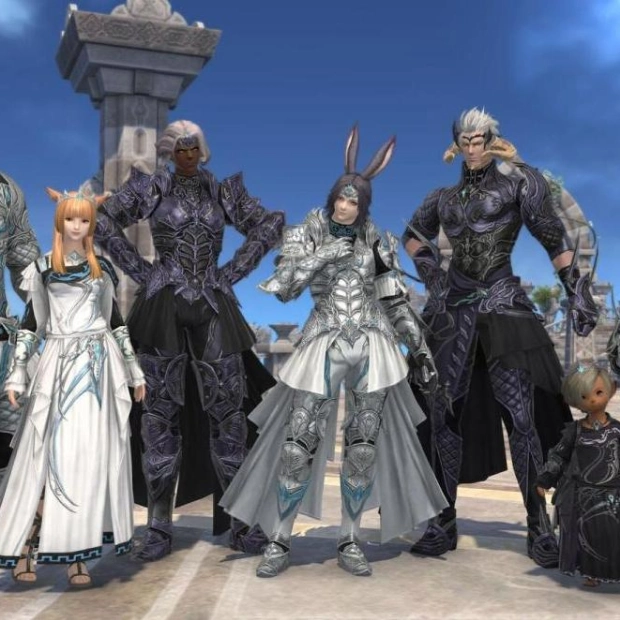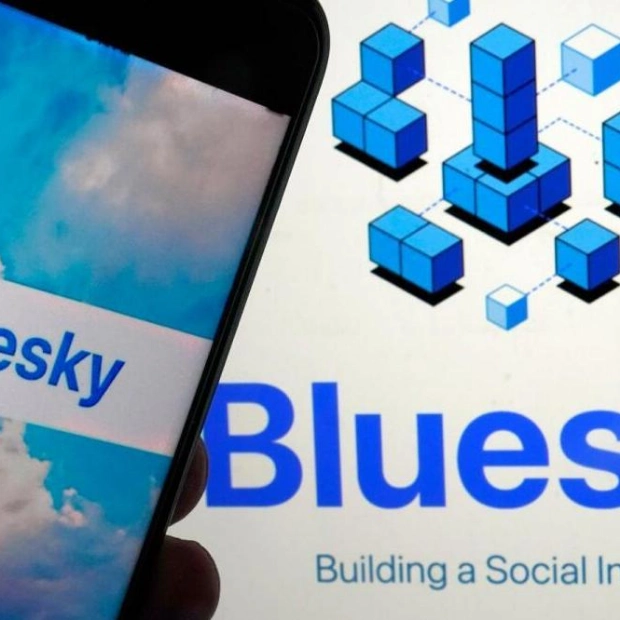There's an important point I want to clarify about this column: while it focuses on Gen-Z, our current lifestyle, and the challenges we face and overcome, it also addresses the future problems we must solve for those who come after us. This brings us to the concept of ownership, or rather, the lack thereof. You might think you own your possessions, but do you truly have control over them? Leases for cars and homes, subscriptions for entertainment and media, and anything that requires electricity or water, with bills covering these essentials... you don't own them. You can't use your phone without paying a phone bill, so you don't own your phone, not to mention monthly banking fees. That's right, we rent our own money.
But what's the issue here? Is this merely another consequence of late-stage capitalism, with planned obsolescence extending from fridges and computers to other aspects of daily life? When laid out as I have, it sounds extreme, but in my view, it boils down to people: we choose and continue to choose short-term conveniences that contribute to a culture of disposability and misuse. For Gen-Z, this is evident in our tendency, compared to our elders, to delay gratification and our general willingness to abandon what everyone else uses.
Consider streaming services as an example. No free advertising here, just think of one and list the shows or programs that keep you subscribed. Not many, right? As soon as I encountered the idea of 'the end of ownership,' I canceled three of my six subscriptions, leaving me with one I pay for, one my sister pays for, and one with a super cheap yearly bill that I won't give up. But like a rent-controlled apartment in the 90s, if you leave, the price goes up.
Now, think about how much you've spent on that streaming service versus the cost of buying a DVD player and physical media. Or, as many never stopped doing, take to the internet and pirate what you want to watch, whether downloaded securely or streamed online (everyone should have a good ad blocker anyway), and find something niche you can support, where you can see your money being used effectively. This problem of not having physical media is doubly objectionable because of the dangers of keeping media online and accessible by its creators. First, it allows entertainment and media companies to more easily alter content—this was recently done on a British reality TV show, where a contestant's Palestine watermelon shirt was edited into a plain black T-shirt. Second, it allows companies to more easily remove content altogether, robbing artists, animators, musicians, and actors—people whose labor is as valuable as yours or mine—of residual checks that have long supported these artists. Once a show has been syndicated by a TV network, every time someone watches the same episode, everyone who worked on that episode gets a slice of the ad-dollars pie. The same was true when you bought physical media or watched live TV with commercials.
Most insidiously, though, is how easily things can be altered. Records, even history. If it's not physical, anyone can change it.
Source link: https://www.khaleejtimes.com






